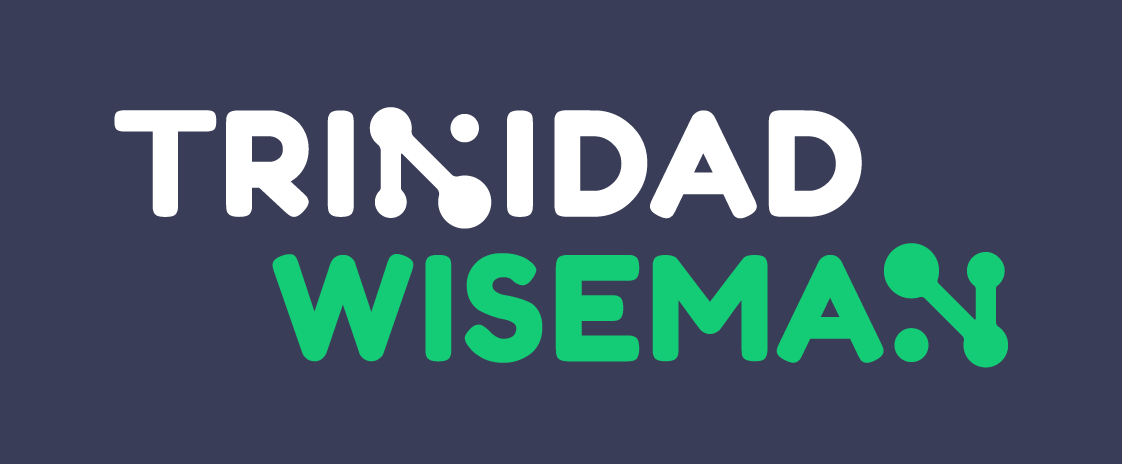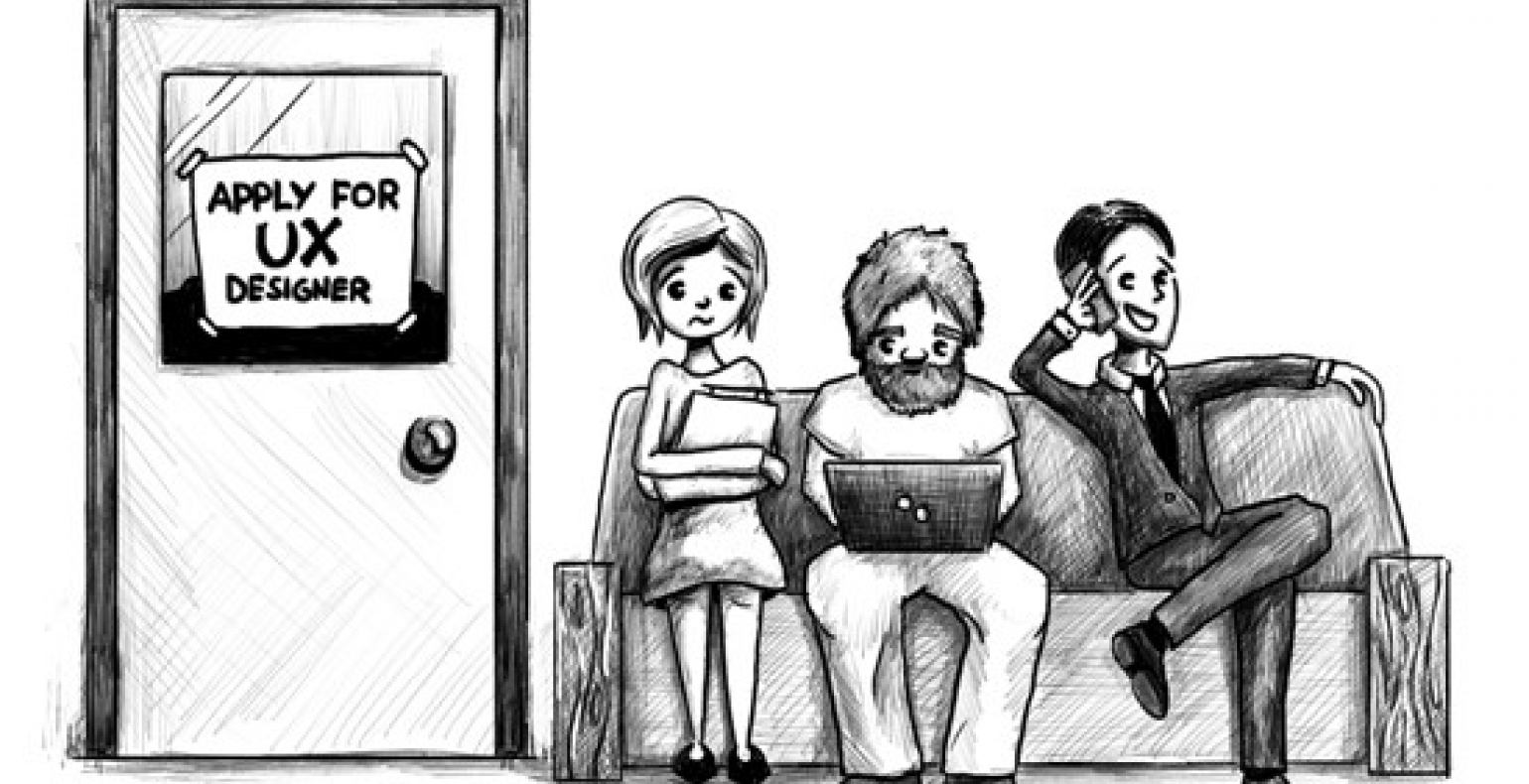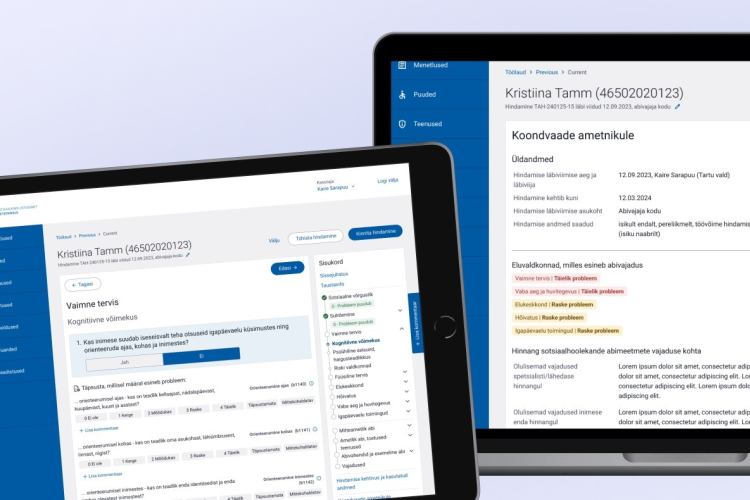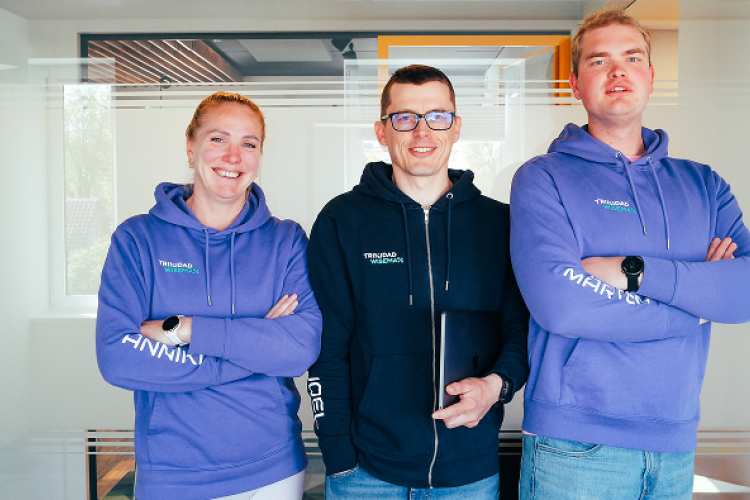How To Hire the Right UX Specialist?
Following the latest trends, companies are now bringing UX specialists into their teams. Some are already in the middle of the hiring process, while others are thinking about it.
UX can be difficult to understand for people outside the field. UX design and interaction design have exploded during the recent years and there are so many myths out there that can make choosing the right candidate a major pain.
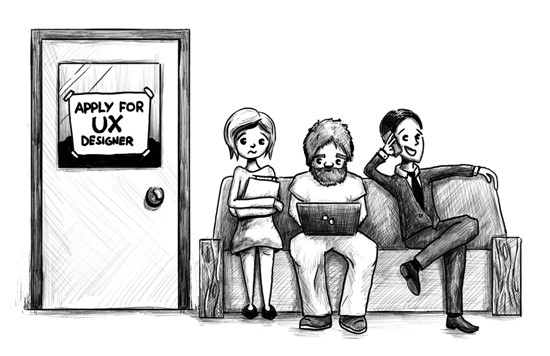
In the past 8 years we have hired around 18 UX designers and interaction designers. During that time we have learned quite a few lessons about hiring the right people and I would like to share the most important lessons with you. So here we go.
Let’s start from the beginning – expectations vs. needs vs. prejudice
The biggest danger in hiring the wrong person is the overall idea of what a UX specialist should be like. If you have never done any UX related tasks or planned a whole project yourself then you might be in a bit of trouble. Especially if you work in HR and do not know what the role of a UX specialist is.
The first thing you should understand is that UX is a very wide field that employs a lot of people who work on tasks that can be very different from each other.
They will not do everything you ask them to because UX is at least as wide as the fields of design, IT or construction. This is why universal UX specialists are either hard or impossible to find.
In our industry we call them unicorns – able to work miracles on all the tasks you assign to them, from development to wireframing to graphic design, and user research.
Make sure to check out our blog post where we give an overview of all major user experience roles.
A lot of people expect very different skills from UX specialists. Some are looking for graphic designers, others for service designers, some need a voice of reason into their team, while others are looking for front-end designers who can put themselves in the user’s shoes.
Picking the right role
First answer the question: is he your company’s first and only UX specialist? If yes then you need a universal specialist who can build the UX team from ground up and is excellent in the art of delegation.
My experience has shown that the first specialist will often become a bottleneck where all project related tasks end up at some point. The main reason being that the UX specialist is the bridge between IT, marketing and business specialists.
This means a lot of discussions, negotiations, and being informed on what is going on in the company. In addition the UX specialist should have time for user research, visualisation (simple sketches are enough), and understanding business requirements along with business goals.
The UX specialist can only handle a single major project at once and even that can be very demanding. But I have seen how it takes just a few months until the first project is followed by others. This applies more to larger companies.
If you are not hiring your first and only UX specialist then you can choose people who are specialists and experts in their own specific fields under the UX umbrella. This way you can separate communication experts from coders and graphic designers.
Choosing the right person
Having the right set of skills does not mean that the person is right for the job. We have often trained our UX specialists in-house because they have the necessary backgrounds and personality traits. All our designers are also big fans of the industry.
This will be a lot simpler if there is an existing UX specialist already in the team who should be able to delegate tasks and let beginners test their ideas, while taking the responsibility themselves.
First tasks should be done together, so the right time for hiring is when the project hasn’t turned critical just yet.
What are the right character traits?
Right candidates pay great attention to details. They are punctual and very dependable. In addition they are also systematic in their approach, working according to plan and not spending their energy everywhere at once.
The right UX specialists are good communicators and sometimes even negotiators, always ready to listen what the other side has to say. They have to be willing to compromise, find solutions that pleases all sides of the table.
Good UX designers are emphatic. Users and developers interest them as people and they can be ignited with subjects that are important to others.
They must care about UX design. Even though we don’t have many specialists in the field, only those who are really interested in it will succeed.
They need to have a revolutionary mind set and be ready to ask questions that might seem naive at first, as well as questions that are difficult to answer. In UX design there aren’t any black and white approaches and what seems as absolute truth at first contains plenty of buts.
In many cases people have already worked on their existing applications and only these typea of hard questions can bring you innovative solutions.
What should the right background be?
In my experience the hardest part is to teach new UX designers to notice and understand design patterns and good graphic design.
They might know all the techniques, but if they do not understand which design patterns people are used to then they will struggle with getting good results. Patterns and habits are one of the foundations of simplicity.
Finding the way through design patters requires digging through solutions that are a bit different than what people are used to. In any case, I have noticed that implementing this particular mind-set among beginners can be very difficult.
Unfortunately they won’t be able to get this knowledge from training sessions alone. These are not rules that are always the same. Every requirement has a set of solutions and designers can choose the right one only if they know them all.
But they can get this knowledge only when they have been involved with websites, information systems or mobile apps. They should be interested in using and experimenting with different types of solutions.
User testing will also speed up the learning process. Those first tests can be real eye openers for beginners and it is the reason why most of our UX specialists start off with doing user tests.
Which candidate to stay away from?
Try to stay away from someone who confidently states that “since I can be a great critic then I think that this field is made for me – I believe that I will do a fantastic job.”
The UX field does need a critical mind-set but UX designers should develop solutions that offer compromises, instead of harsh criticism. A great visionary who only talks of flaws and not solutions is a very difficult team member.
In the end businesses need fully developed solutions that are detailed, informed, and discussed to the bone. The UX specialist has to do this job and not focus on how wrong everything is.
I promise you that no matter what kind of solution is developed, it’s still the wrong one in someone’s eyes. The question is to whom it must be right enough and what is right enough.
Nightmare scenario from the perspective of the UX specialist
A guaranteed nightmare scenario would be having to come up with a brand new and innovative solution based on the designer’s own gut feeling and no actual data.
Coming up with solutions that everybody loves and are easy to use from the very first time even though the designer knows nothing about the field is a major headache for all good specialists, largely because UX design is a highly methodical field where design decisions are always based on data.
Both the designers and the board of directors wish to make an informed decision, no matter how good of a solution you think you are offering to them. They will not forgive you if you waste their money purely on speculation, without checking the facts, and letting the UX specialist to his/her job.
Good luck finding your new team member!
Always make an informed choice. Learn what kind of a UX specialist you need and what role the new team member will take. This will greatly help you in making a good decision.
